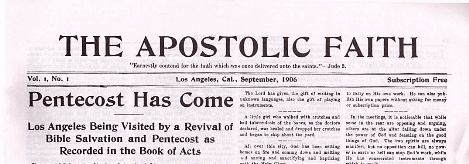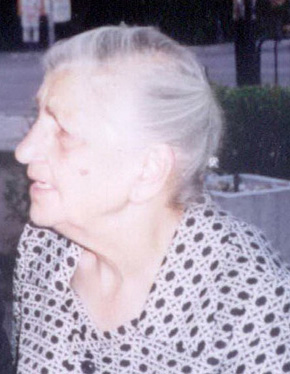PENTECOST has COME

Countdown to Pentecost

7 Redemptive Names of God in Psalm 23
Psalm 23
- The Lord is my shepherd (Jehovah-Raha) ; I shall not want (Jehovah-Jireh).
- He maketh me to lie down in green pastures (Jehovah-Shalom): he leadeth me beside the still waters (Jehovah-Raha).
- He restoreth my soul (Jehovah-Rapha): he leadeth me in the paths of righteousness for his name’s sake (Jehovah-Tsidkenu).
- Yea, though I walk through the valley of the shadow of death, I will fear no evil (Jehovah-Nissi) : for thou art with me (Jehovah Shammah) ; thy rod and thy staff they comfort me (Jehovah Raha).
- Thou preparest a table before me in the presence of mine enemies (Jehovah Nissi): thou anointest my head with oil (Jehovah-Rapha); my cup runneth over (Jehovah-Jireh).
- Surely goodness and mercy shall follow me all the days of my life: and I will dwell in the house of the Lord for ever.
Jehovah-Shalom – the Lord is our Peace
Jehovah-Raha – the Lord is my Shepherd
Jehovah-Jireh – the Lord will provide
Jehovah-Nissi – the Lord our Banner or Victor
Jehovah-Tsidkenu – the Lord our Righteousness
Jehovah-Rapha – the Lord that healeth
Jehovah-Shammah – the Lord with us or is present
Alive, alive, alive forevermore!
“When I call to remembrance the unfeigned faith that is in thee, which dwelt first in thy grandmother Lois, and thy mother Eunice; and I am persuaded that in thee also.”
2 Timothy 1:5
My Grandma, Todorka Mindova, was one of the first Sunday school teachers in the Bulgarian Pentecostal Union. After successfully graduating from a training course in the city of Sliven led by Donka Kinareva and personally organized by Dr. Nicolas Nikolov, she was allowed to minister in the denomination. But for grandma, the faith was more than teaching or a sermon. It was life. Many Bulgarian Pentecostal ministers can testify to the effectiveness of her ministry. And for her constant fasting and thousands of answered prayers I could write a book.
But far more interesting for me as a child was the fact that being a Sunday school teacher, Grandma never tried to preach to me. In the hardest moments of life she would only confess these words, which I have remembered from my childhood: “We serve a living God.” More was not needed. For Grandma preached with her life. Read more
SIGNS of the LAST DAYS: Spirit poured out on all flesh (Joel 2:28)

SIGNS of the LAST DAYS: Peace taken from the earth

SIGNS of the LAST DAYS: False prophets and false Christs

SIGNS of the LAST DAYS: Universal Apostasy

SIGNS of the LAST DAYS: Watering down of the gospel

SIGNS of the LAST DAYS: Increased worldly knowledge









